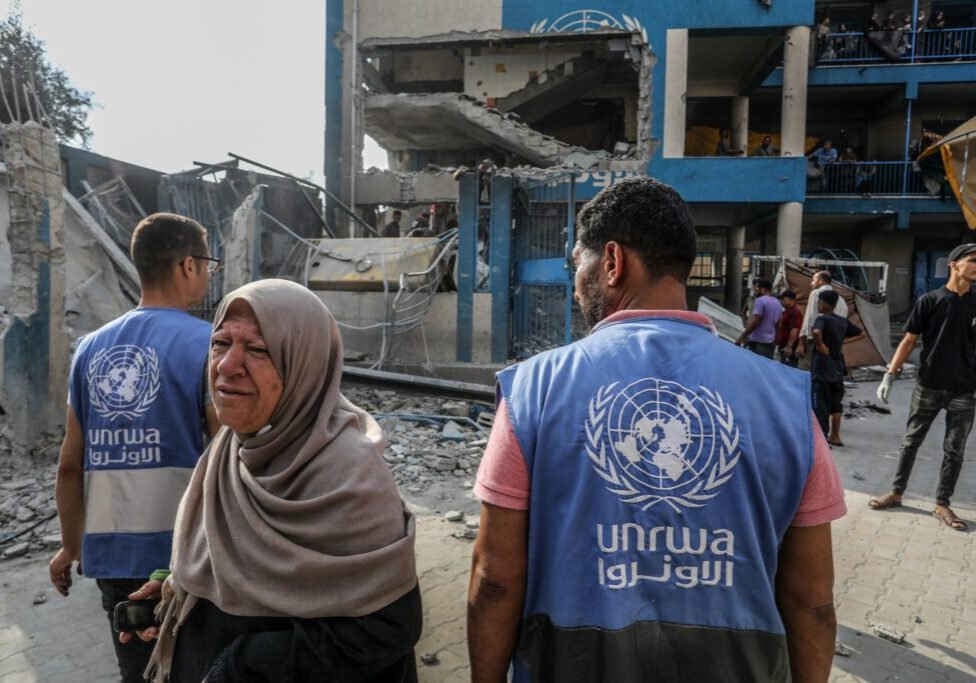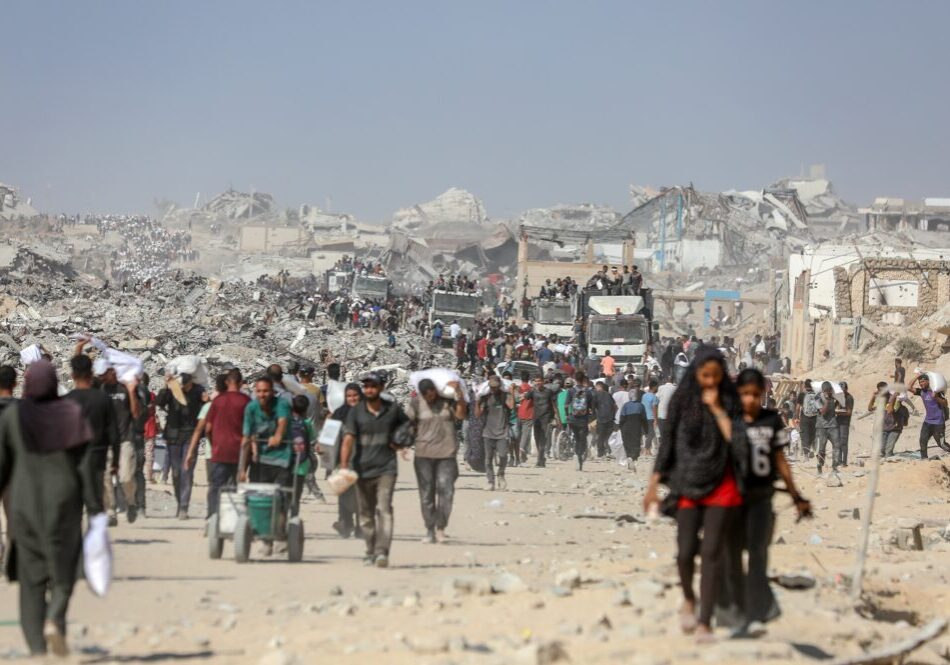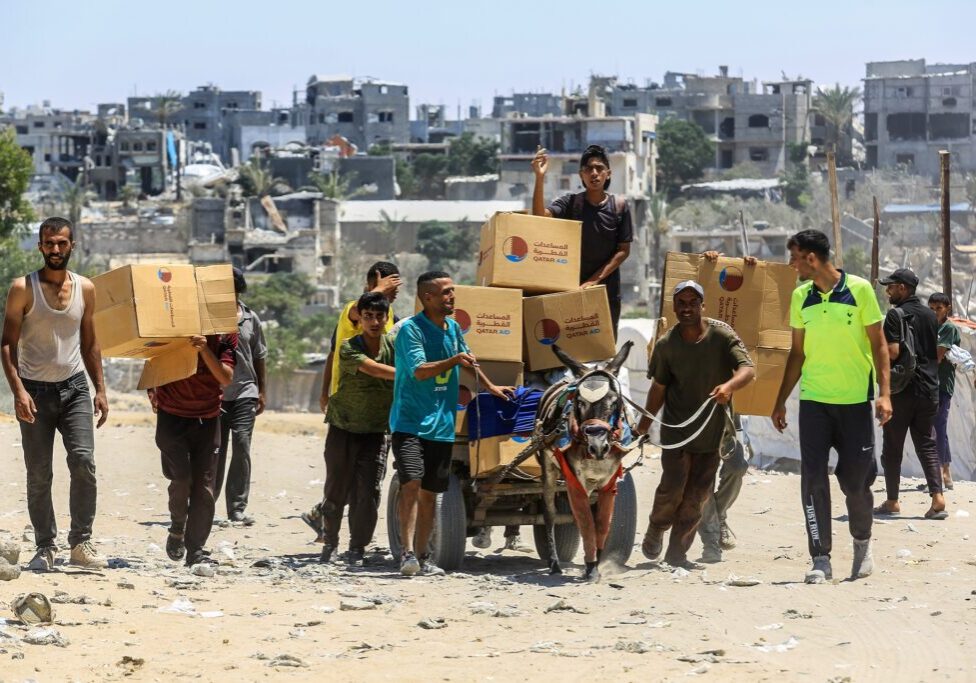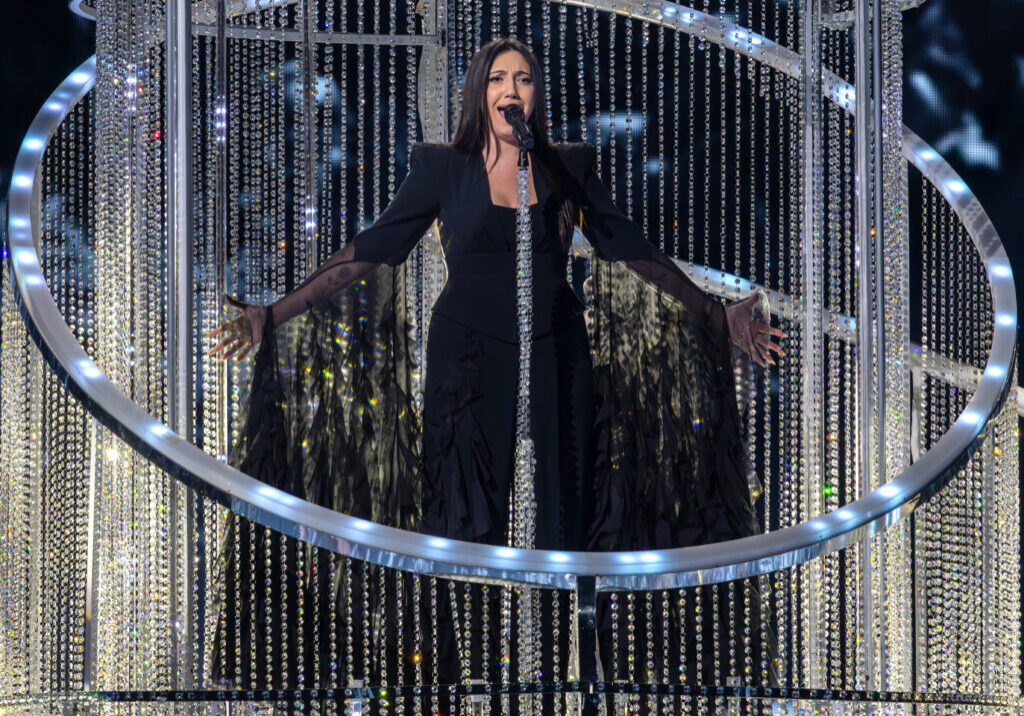Australia/Israel Review
Deconstruction Zone: Ukraine exposes the UN’s fundamental failures
May 5, 2022 | Jonathan Levin
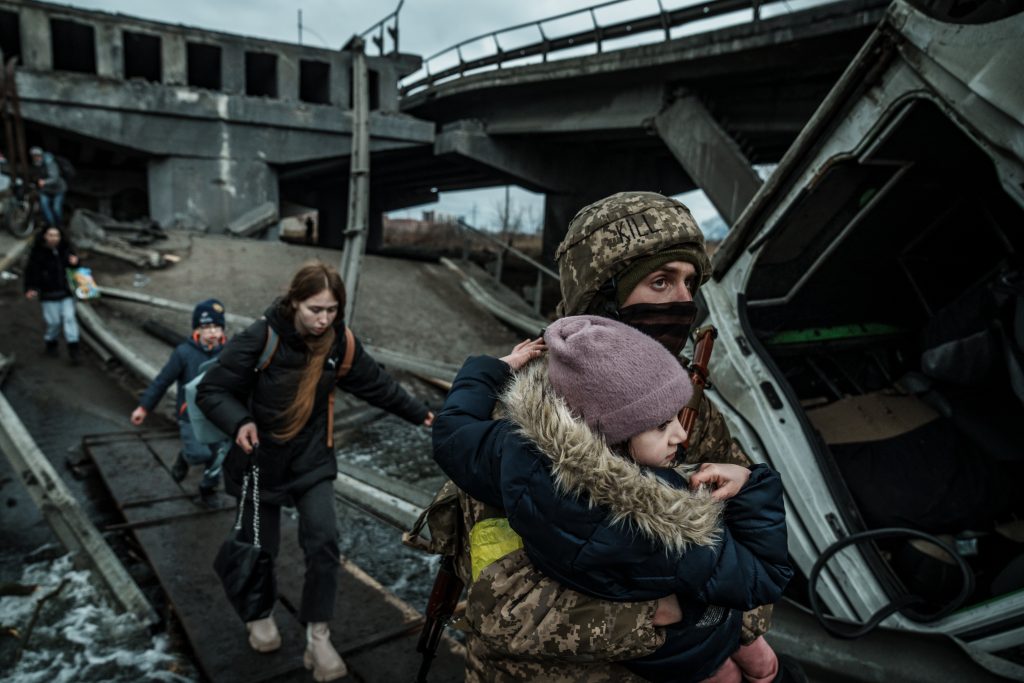
On April 5, in a passionate speech to the UN Security Council, Ukrainian President Volodymyr Zelensky said, “It is obvious that the key institution of the world, which must ensure the coercion of any aggressors to peace, simply cannot work effectively.”
The outbreak of the greatest continental European conflict since World War II, resulting in 10 million refugees fleeing Ukraine and potential civilian fatalities being in the tens of thousands due to massacres and indiscriminate shelling of urban environments, raises questions about the UN’s ability to maintain peace and ensure human rights.
The images of widespread devastation of cities such as Kyiv, Kharkiv and Mariupol look like they could come from Guernica, Rotterdam and Leningrad – scenes that were common across the world when the UN was founded 76 years ago.
As war rages in Europe, the UN has found itself pushed to the sidelines as Ukrainian and Russian representatives duke it out in the crippled organisation – an organisation unable to negotiate a ceasefire nor penalise Russia; all sanctions, penalties and attempts for negotiations come from sovereign countries or other institutions.
Crippled and unable to do anything to end the conflict, the UN passed an emergency resolution in the General Assembly, suspending Russia from the Human Rights Council, in a move that draws parallels to the League of Nations’ expulsion of the Soviet Union after it invaded Finland in 1939.
The UN’s suspension of Russia was one of three resolutions adopted in the General Assembly’s emergency special session devoted to the conflict. These are the first emergency resolutions since 1981 that don’t concern the Israeli-Arab conflict.
The Russian invasion of Ukraine has exposed the price of the UN’s abandonment of its founding principles and human rights, and of its persistent attacks on democracies, so prevalent throughout the body and its affiliated institutions.
The UN’s actions over the years, well documented by the media and NGOs such as UN Watch, have weakened international norms and inhibited its ability to respond in moments of crisis. Over time, this has resulted in the institution being watered down to the point where it is now unable to respond to a major conflict other than by providing aid and appealing “in the name of humanity.”
The UN’s major forums, designed for protecting human rights, are comprised of non-democracies and brutal dictatorships that often use their positions to cover up human rights abuses and persecute democracies. Before Russia’s suspension from the Human Rights Council, 68% of its members were non-democracies. Similar percentages are present in other UN forums, such as the Commission on the Status of Women.
These problems are not isolated to the composition of these bodies alone, and manifest themselves across the organisation and its affiliates. The Office of the High Commissioner for Human Rights has been accused of handing over the names of Uighur dissidents to the Chinese Government, endangering their lives and the lives of their families.
The International Criminal Court, a UN affiliate although independent, is currently investigating the US and Israel for alleged war crimes but has declined to investigate China for its genocide against the Uighurs, citing its non-signatory status to the Rome Statute, the UN-brokered treaty that governs the body. (The US and Israel are also non-signatories, but the ICC found a way to investigate them regardless.)
The UN also has had a long fixation with Israel, which has blinded the body and prevented it from doing its job effectively. Last year, out of the 18 resolutions that the General Assembly adopted condemning individual countries, 14 were directed at Israel.
While it is true that Russia’s permanent veto power on the Security Council gives it the ability to block attempts at penalising it, that doesn’t account for the entirety of the UN’s utter helplessness in addressing the conflict.
The truth is that the UN’s actions over the years have degraded its moral authority on human rights, causing it to lose respect and weakening its institutional ability to respond to crises.
As Russia invades Ukraine and as the spectre of a great power conflict looms in Asia, governments must ask themselves whether the UN can operate effectively, as Zelensky questioned, and what they could do to reform the institution so that it can prevent conflict in the future.
Jonathan Levin is a student at Yeshiva University in New York, and an editor of the Commentator, one of the university’s student papers. © Jerusalem Post (jpost.com), reprinted by permission, all rights reserved.
Tags: Europe, Ukraine, United Nations



